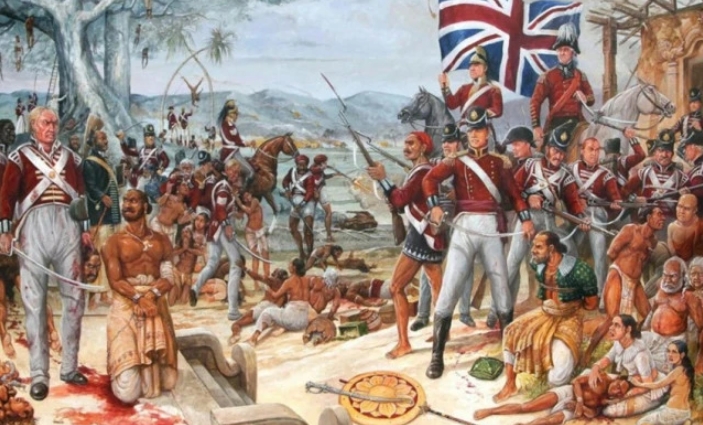 历史上,英国对待美国和对待印度的殖民政策相似吗?(一)
历史上,英国对待美国和对待印度的殖民政策相似吗?(一)
正文翻译

Do British history books treat US and Indian colonialism similarly?
历史上,英国对待美国和对待印度的殖民政策相似吗?

Do British history books treat US and Indian colonialism similarly?
历史上,英国对待美国和对待印度的殖民政策相似吗?
评论翻译

Do British history books treat US and Indian colonialism similarly?
历史上,英国对待美国和对待印度的殖民政策相似吗?

Do British history books treat US and Indian colonialism similarly?
历史上,英国对待美国和对待印度的殖民政策相似吗?
很赞 2
收藏